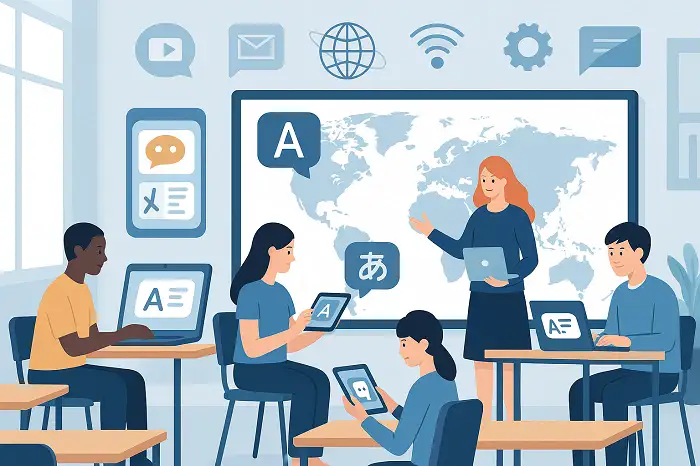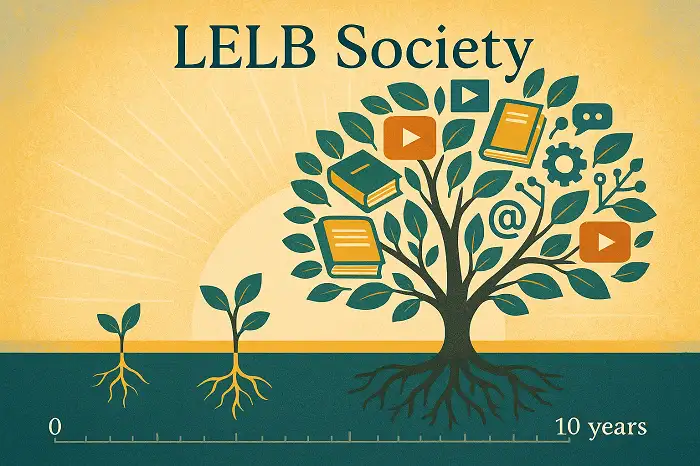Study Skills English Vocabulary for IELTS and TOEFL Study Skills English Vocabulary for IELTS and TOEFL The Outline of This Lesson on Study Skills English Vocabulary for IELTS and TOEFL Source: Wikipedia Study Skills Study skills, academic skills, or study strategies are approaches applied to learning. They are generally critical to success in school, considered essential for acquiring good grades, and useful for learning throughout one's life. Video of vocabulary on study skills https://www.youtube.com/watch?v=R6_TlBfTTk0&list=PLw9w60WqWQNMkRTkqR_VdODIED1K6QMm5&index=2 The importance of study skills Study skills are an array of skills which tackle the process of organizing and taking in new information, retaining information, or dealing with assessments. They ...
Home » English Vocabulary in Context » Study Skills English Vocabulary for IELTS and TOEFL

Study Skills English Vocabulary for IELTS and TOEFL
Updated: by Dr. Mohammad Hossein Hariri Asl
Time to Read: 5 minutes | 281 Views | No Comments on Study Skills English Vocabulary for IELTS and TOEFL
Share This Post
About the Author
Dr. Mohammad Hossein Hariri Asl is an English and Persian instructor, educator, researcher, inventor, published author, blogger, SEO expert, website developer, entrepreneur, and the creator of LELB Society. He's got a PhD in TEFL (Teaching English as a Foreign Language).
Number of Posts: 4242


